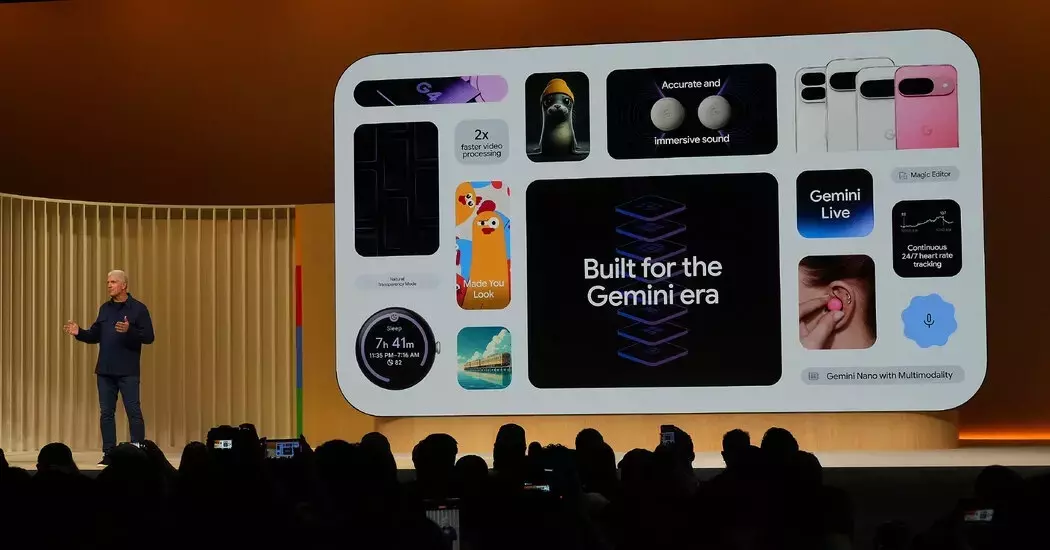
Google is set to introduce its Gemini chatbot to children under 13, marking a significant shift in how artificial intelligence interacts with younger audiences. The tech giant has informed parents via email about this upcoming change, emphasizing the potential benefits for their children. Kids will soon have the ability to engage with Gemini, utilizing it as a tool for asking questions, receiving homework assistance, and even crafting imaginative stories. This initiative aims to integrate advanced technology into daily learning activities while maintaining parental oversight through Family Link, Google's family management service.
Security measures are a critical aspect of this rollout. Karl Ryan, a representative from Google, explained that special safeguards have been implemented to ensure the chatbot remains appropriate for younger users. These precautions aim to prevent the generation of unsafe content when children interact with the system. Moreover, any data collected during these interactions will not be utilized for training purposes, preserving user privacy. By employing such strategies, Google seeks to balance innovation with safety, addressing concerns from both parents and educators regarding the influence of AI on impressionable minds.
The expansion of AI tools like Gemini into educational environments reflects broader societal trends toward integrating technology into learning processes. As institutions worldwide grapple with understanding and managing the impact of generative AI, companies like Google play pivotal roles in shaping these developments. While offering valuable resources for education and creativity, there remain valid concerns about potential risks associated with exposing young users to AI systems. Encouraging responsible use and fostering awareness among stakeholders can help harness the positive aspects of these technologies while mitigating possible downsides. Embracing innovation responsibly ensures future generations benefit maximally from advancements in artificial intelligence.
